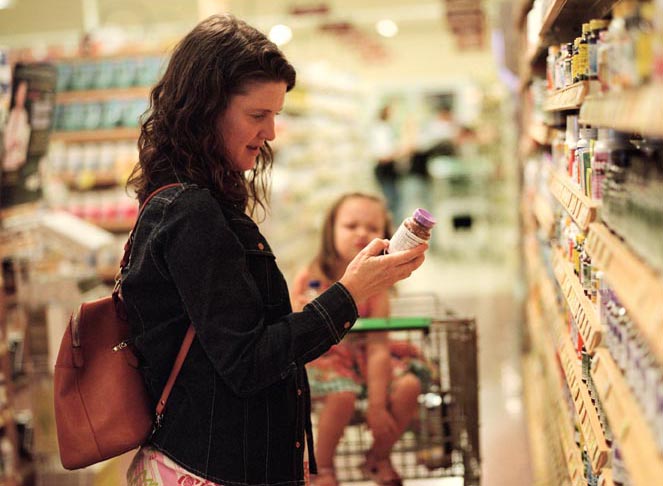More Americans are avoiding genetically modified foods, more are buying non-GMO foods, and the Non-GMO Project seal is becoming familiar to a majority of people. These were key findings of the Hartman Group’s Organic & Natural 2018 report.
The report, which was based on a nationwide survey of 2,257 primary household grocery shoppers, found that 46 percent of American consumers avoid genetically modified foods and 42 percent of those are looking for products with the Non-GMO Project seal.
Consumers want foods grown by people, not created in a lab
Helen Lundell, senior consultant at the Hartman Group, says that GMOs have become an ever more prominent issue for consumers.
“Consumers aspire to eat foods as close to nature as possible,” said Lundell, speaking on a recent Food Processing webinar. “They want foods grown by people on farms and not created in laboratories. Organic and natural are key concepts that speak to those values.”
According to the Hartman survey, 97 percent of consumers are aware of GMOs, a much higher figure than surveys in previous years, which found about 50 percent of consumers aware of GMOs.
Forty-six percent of consumers said they avoid GMOs. Seventy percent cited concern about possible impact on health and well-being for avoiding GMOs. That was followed by 43 percent saying that they want to know exactly what goes into the food they eat. Other reasons cited include concerns about impact on the environment and not wanting to support companies that use GMOs.
Consumers lack trust in science. “There is an overall loss of trust, and that science should have some humility,” Lundell said.
Support for mandatory GMO labeling was strong with 67 percent of consumers supporting labels. Lundell said trust and transparency are important to consumers.
“Consumers are fundamentally uncomfortable with the idea of something natural being changed into something that is unnatural,” she said. “There is also distrust in big business and uncertainty about the consequences of genetic modification on our bodies and environment.”
Lundell said that the proposed new U.S. GMO labeling law could negatively impact consumer attitudes toward GMOs if the law doesn’t meet consumer expectations for transparency.
Buying more non-GMO products
Of the people who are avoiding GMOs, 42 percent look for the Non-GMO Project seal when shopping. The seal is becoming more familiar to American consumers with 76 percent saying they either look for it when buying foods, are familiar with it but don’t consider it when buying foods, or have seen it but don’t know what it means.
Trust in the Non-GMO Project seal is high with 51 percent of consumers either trusting the seal completely or for the most part.
The survey also found that 36 percent of consumers said they were buying more non-GMO products than they did a year earlier.
According to Lundell, one of the main takeaways from the report is that transparency and trust are very important to consumers, and that GMOs are going against the grain of what consumers increasingly want.
“The trend toward more natural food is not going away, and GMOs are in conflict with that trend,” she said.









